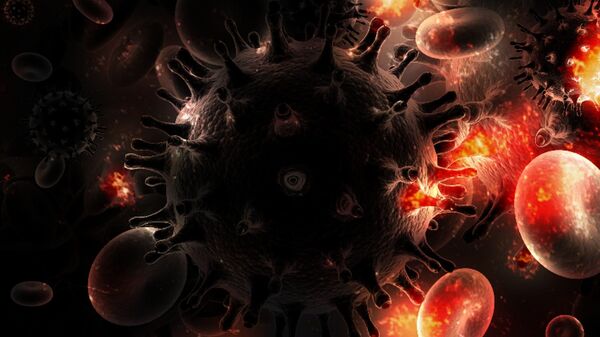According to a joint report by the World Health Organization (WHO) and the European Center for Disease Prevention and Control (ECDC), more than 160,000 people contracted HIV in 53 European countries in 2016.
The number of newly-diagnosed infections in Europe has increased from 12 in every 100,000 people in 2007 to 18.2 for every 100,000 in 2015, with most of the new cases appearing in Eastern Europe.
"The HIV epidemic continues to rise at an alarming pace in the European Region, mostly in its eastern part, which is home to almost 80 percent of the 160,000 new HIV diagnoses. This is the highest number of cases ever recorded in one year. If this trend persists, we will not be able to achieve the Sustainable Development Goal target of ending the HIV epidemic by 2030," WHO Regional Director for Europe Dr. Zsuzsanna Jakab said, according to a Tuesday press release.
The findings reveal that many patients have HIV for several years before it is diagnosed, increasing the probability of the virus being passed on to others.
"Testing people late, particularly those at higher risk of infection, results in late treatment and further contributes to the ongoing spread of HIV. The later people are diagnosed, the more likely they are to develop AIDS, thus leading to more suffering and death," Jakab explained.
Andrea Ammon, director of the ECDC, also explains that "Europe needs to do more in its HIV response," especially since the average time from infection to diagnosis of HIV is three years, which is "far too long."
"Two-thirds, that's 68 percent of the new AIDS diagnoses in the European Union and European Economic Area, happened only within three months after the HIV diagnosis, which indicates that these people have had the infection for many years previously," Ammon said.
The report also discusses the need for new ways to widen HIV testing by potentially introducing self-testing services and offering more counselling and testing opportunities by community care providers.





